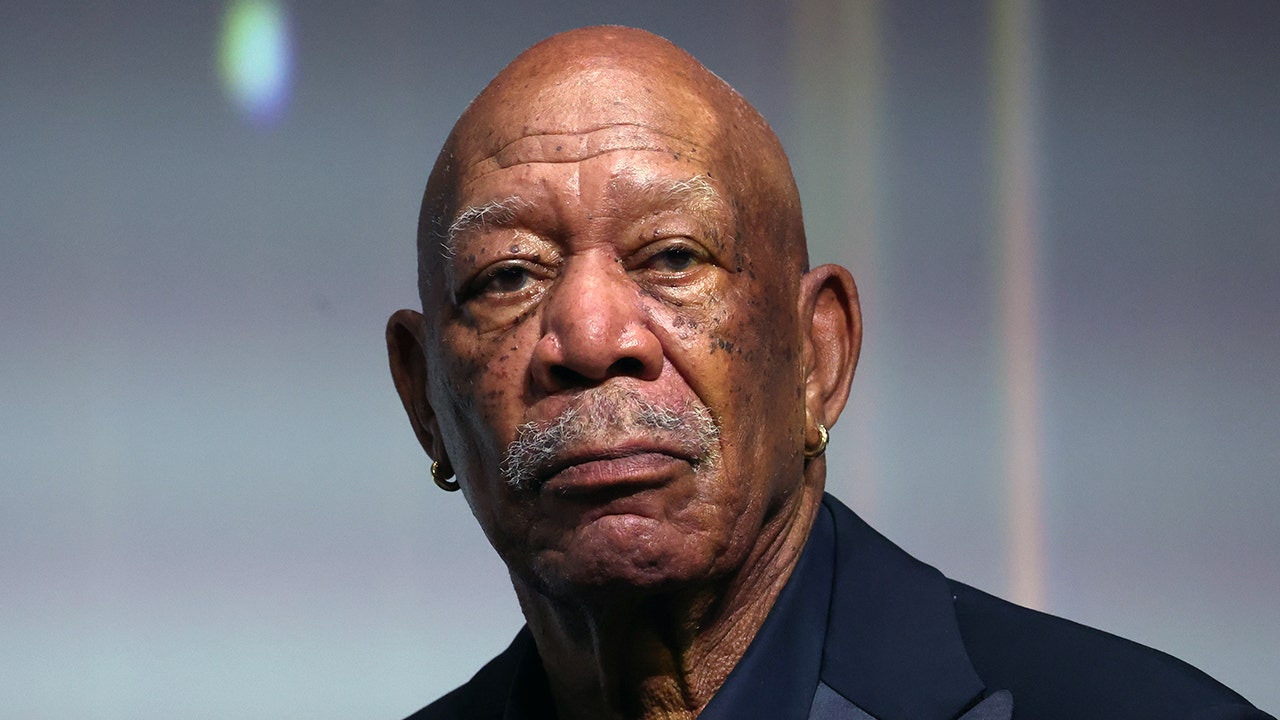


Artificial intelligence (AI) continues to be a topic of concern as more industries are impacted by its advancements. Dee Snider, the lead singer of the band Twisted Sister, recently spoke out about his worries regarding the growing trend of AI and its potential effects on jobs. In an interview, Snider described AI as 'terrifying' and discussed the types of jobs that could be replaced by AI. He emphasized that physical jobs requiring physical labor and a connection with people, such as being a frontman for a rock band, cannot be replaced by AI. However, he acknowledged that AI could potentially handle tasks related to singing, songwriting, and the business side of music. Snider's views shed light on the concerns and potential implications of AI on various industries and job sectors [eb3cb64c].
Snider's perspective aligns with the ongoing debate surrounding AI and its impact on the entertainment industry. As discussed in a previous article, concerns have been raised about the unauthorized use of celebrities' voices through AI voice cloning technology. Actors like Morgan Freeman and Scarlett Johansson have expressed their criticism and concerns about the unauthorized replication of their voices. These incidents highlight the need for regulations and protections to safeguard artists' rights and prevent the misuse of AI technology [a1a18488] [27151ac9].
Snider also shared insights into his experience with Twisted Sister and his career after the band's breakup. He mentioned that the band formed a decade before achieving mainstream success and discussed his diverse ventures in radio, voice-over, acting, reality TV, and movies. Snider's career trajectory showcases the versatility and adaptability required in the entertainment industry, especially in the face of technological advancements like AI [eb3cb64c].
It is important to consider the potential impact of AI on various job sectors. Snider's concerns about physical jobs being irreplaceable by AI highlight the need for a balanced approach to AI implementation. While AI can automate certain tasks and improve efficiency, it is crucial to preserve jobs that require human connection and physical labor. The ongoing discussions and debates surrounding AI and its implications will continue to shape the future of work [eb3cb64c].